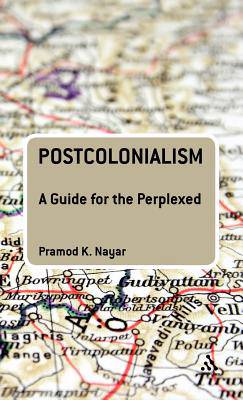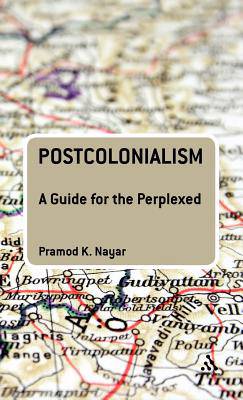
- Afhalen na 1 uur in een winkel met voorraad
- Gratis thuislevering in België vanaf € 30
- Ruim aanbod met 7 miljoen producten
- Afhalen na 1 uur in een winkel met voorraad
- Gratis thuislevering in België vanaf € 30
- Ruim aanbod met 7 miljoen producten
Zoeken
Omschrijving
Postcolonialism as a critical approach and pedagogic practice has informed literary and cultural studies since the late 1980s. The term is heavily loaded and has come to mean a wide, and often bewildering, variety of approaches, methods, politics and ideas. Beginning with the historical origins of postcolonial thought in the writings of Gandhi, Cesaire and Fanon, this guide moves on to Edward Said's articulation into a critical approach and finally to postcolonialism's multiple forms in contemporary critical thinking, including theorists such as Bhabha, Spivak, Arif Dirlik and Aijaz Ahmed. Written in jargon-free language and illustrated with examples from literary and cultural texts, this book addresses the many concerns, forms and 'specializations' of postcolonialism, including gender and sexuality studies, the nations and nationalism, space and place, history and politics. It explains the key ideas, concepts and approaches in what is arguably the most influential and politically edged critical approach in literary and cultural theory today
Specificaties
Betrokkenen
- Auteur(s):
- Uitgeverij:
Inhoud
- Aantal bladzijden:
- 248
- Taal:
- Engels
- Reeks:
Eigenschappen
- Productcode (EAN):
- 9780826437006
- Verschijningsdatum:
- 20/12/2010
- Uitvoering:
- Hardcover
- Formaat:
- Ongenaaid / garenloos gebonden
- Afmetingen:
- 142 mm x 216 mm
- Gewicht:
- 430 g

Alleen bij Standaard Boekhandel
+ 457 punten op je klantenkaart van Standaard Boekhandel
Beoordelingen
We publiceren alleen reviews die voldoen aan de voorwaarden voor reviews. Bekijk onze voorwaarden voor reviews.







